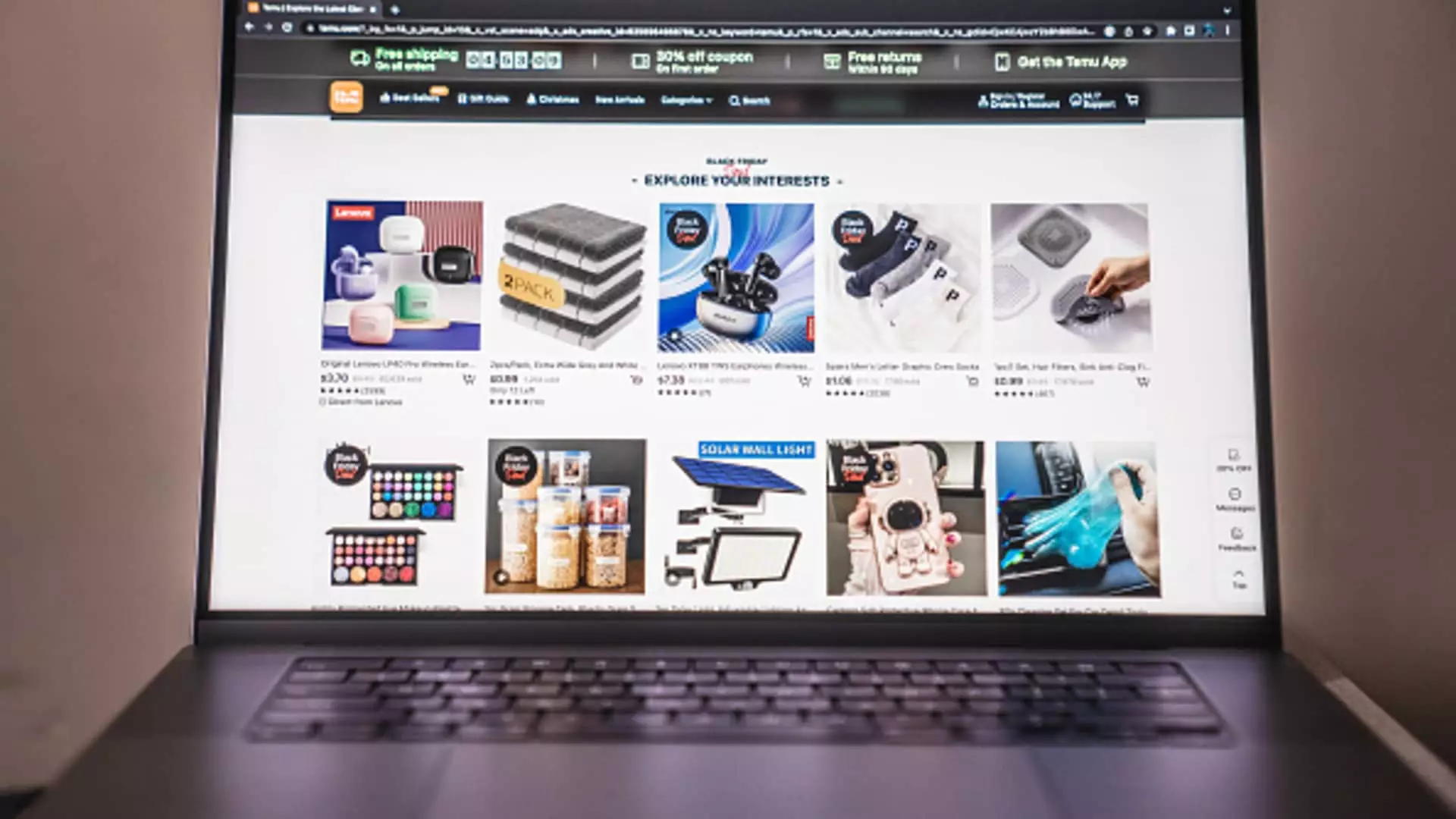The recent call for action by U.S. Consumer Product Safety Commission members, Peter Feldman and Douglas Dziak, to investigate the safety practices of foreign-owned e-commerce platforms such as Shein and Temu has sparked concerns about the sale of potentially dangerous baby and toddler products. This move highlights the growing need to scrutinize the safety and compliance controls of these platforms, as well as their relationships with third-party sellers and consumers.
The Allegations
Last month, alarming reports indicated that Temu was offering padded crib bumpers, which are illegal in the U.S. due to suffocation risks, while Shein was selling children’s hoodies with drawstrings that regulators have identified as safety hazards. These revelations have intensified calls for a thorough investigation into the safety measures implemented by these popular online retailers.
In response to the allegations, representatives from Shein and Temu have emphasized their commitment to customer safety. Shein, in particular, asserted that it is investing significant resources to enhance its compliance programs and product safety practices. Similarly, Temu stated that it mandates all sellers on its platform to adhere to relevant laws and regulations, including those pertaining to product safety. Both companies have expressed willingness to cooperate fully with any investigation initiated by the CPSC.
Shein and Temu have experienced unprecedented growth in the U.S. market, attracting consumers with their affordable products sourced from China. Shein, valued at $66 billion, has aggressively expanded through extensive online marketing campaigns on platforms like Google and Facebook. On the other hand, Temu, owned by PDD Holdings, made a splash in the U.S. in 2022, leveraging massive marketing campaigns to promote its offerings. The rise of these discount retailers has captured the attention of industry giants like Amazon, prompting them to explore similar discount storefronts.
Supply Chain Dynamics
A key aspect of Shein and Temu’s business models is their direct sourcing from small manufacturers and suppliers in China, enabling them to ship goods directly to the U.S. This streamlined supply chain operation has fueled their growth significantly, aided by a trade loophole known as the de minimis exemption. This exemption allows packages valued at less than $800 shipped from China to enter the U.S. duty-free, further facilitating the influx of products from these e-commerce platforms.
CPSC officials have raised concerns about the need for increased funding to monitor emerging e-commerce platforms like Shein and Temu more effectively in terms of safety practices. This underscores the urgency of regulatory oversight to ensure the protection of consumers from potentially hazardous products. Lawmakers are also stepping up scrutiny of these platforms, signaling a collective effort to address safety issues in the e-commerce industry.
The safety concerns raised about foreign-owned e-commerce platforms such as Shein and Temu underscore the importance of stringent regulatory oversight and compliance measures. As these platforms continue to grow in popularity and influence, it is imperative to prioritize consumer safety and hold companies accountable for the products they sell. Collaborative efforts between regulatory bodies, industry stakeholders, and lawmakers are essential to address safety risks effectively and safeguard the well-being of consumers in the digital marketplace.

